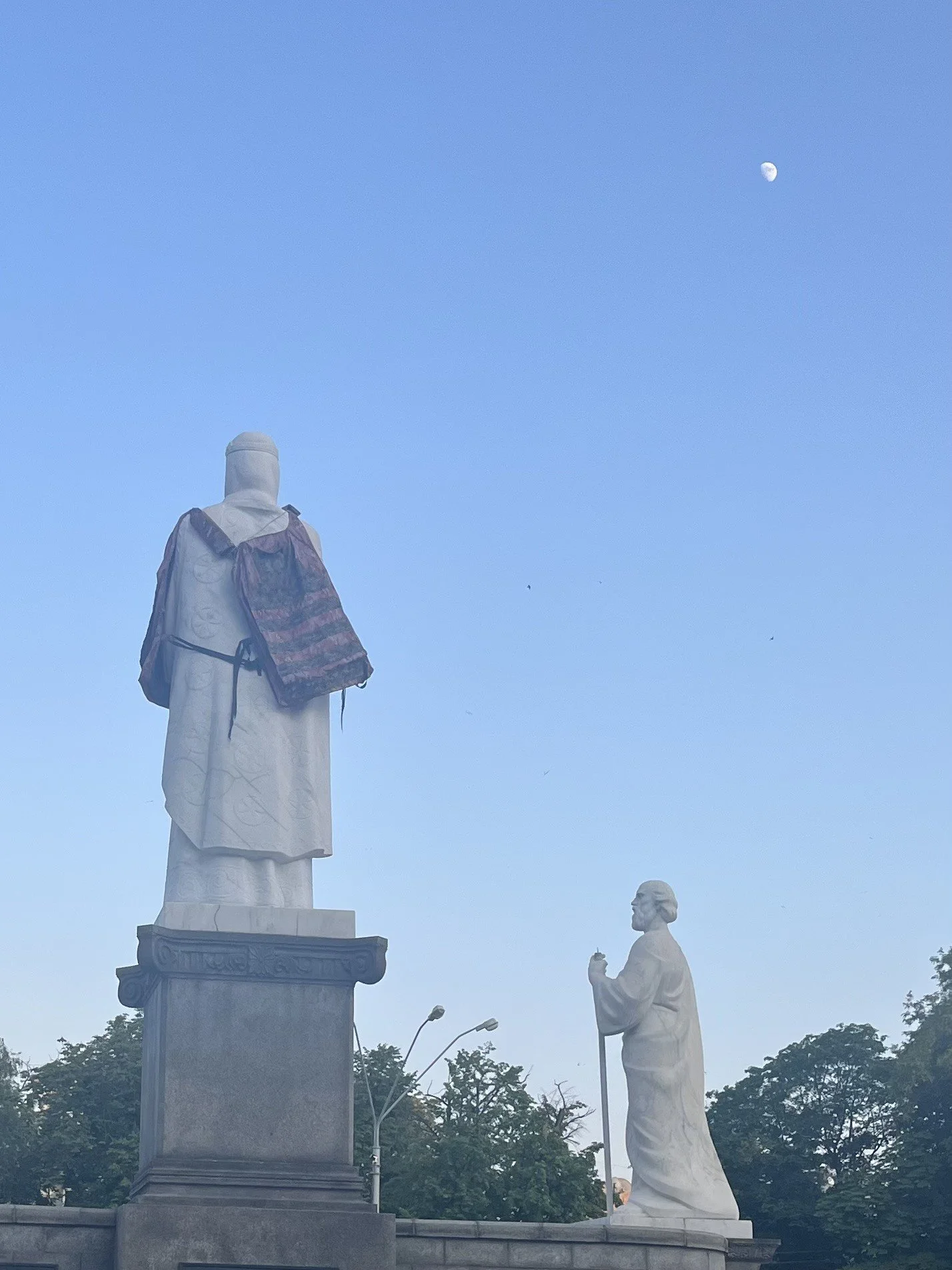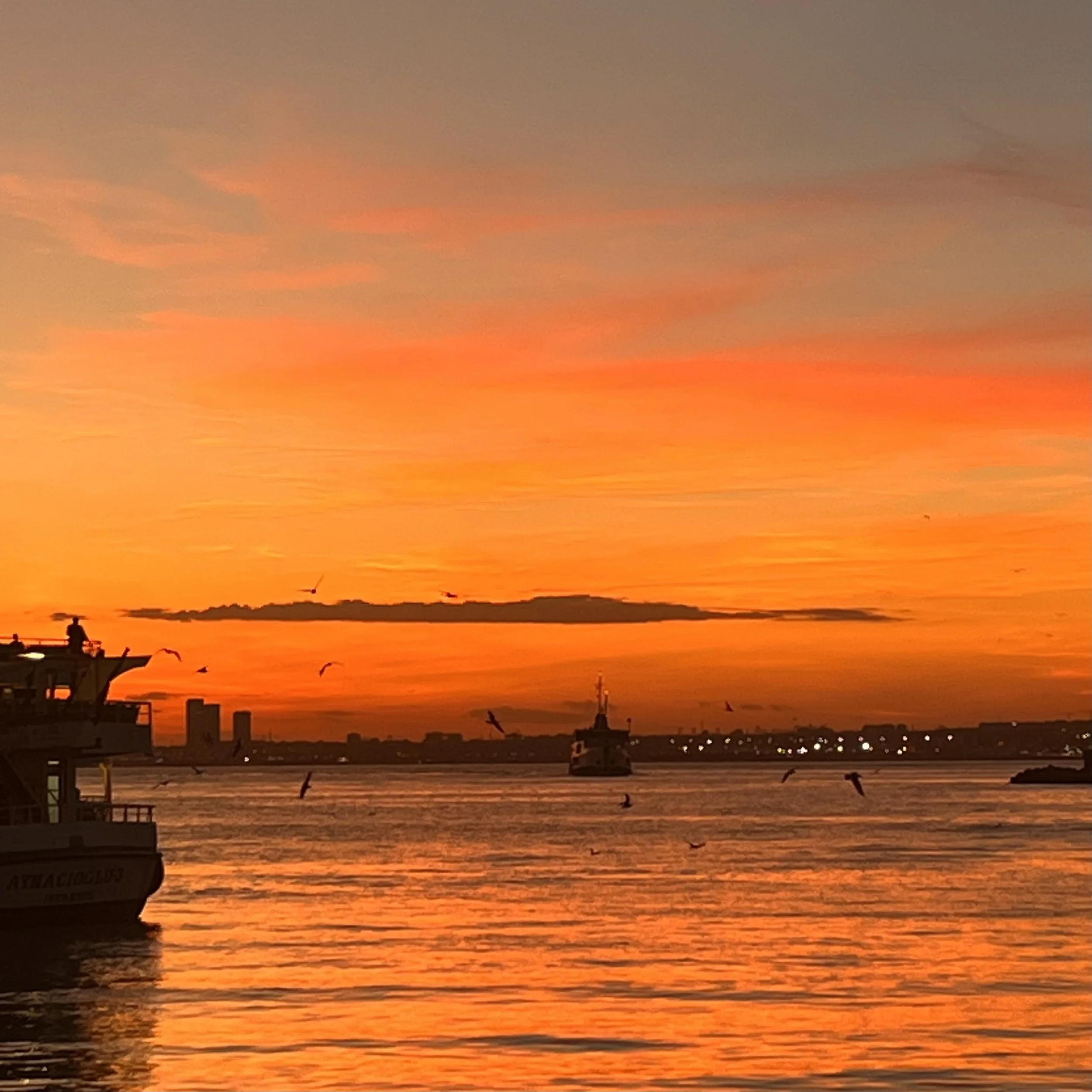Cash for Kids (2024)
A deep dive into pro-natalism in America
Why are so many women having fewer children? JD Vance and Peter Thiel blame women’s education and education into the professional workplace for falling birth rates.
But, in reality, low-income women’s decisions make up most of America’s fertility drop. I travelled around some of the poorest places in the country to gather opinions on what is going on.
Flint, Michigan
The Death of Aid (2025)
The Economist’s cover on the demise of USAID
Foreign aid has lengthened the lives of billions of people and educated countless children. It has also twisted public life in the countries which receive it.
Governments answer to foreign financiers rather than their voters. Bureaucrats treat national economies as trials for their latest big idea. The sheer reliance of so many countries on aid when Donald Trump pulled the plug is a sign of how badly, rather than how well, the legacy of foreign aid stacks up.
Malawi
Factories and the Frontline (2025)
Kyiv, Ukraine
Does industry still win wars?
History is littered with wars won with the victor’s industrial might rather than battlefield genius. To find out how factories shape frontlines today, I went to Ukraine and met the men who built its war economy.
How Ukraine has used three weapons - tanks, ships and drones - illuminates how rapidly wartime production has changed. Politicians are obsessed with protecting industries to make them safer. But wars are no longer fought with weapons you could build in a car factory.
An essay on the resource rush, and curse, coming to the High North
The Arctic contains some of the most valuable resources on the planet. It is also harsh, inhospitable and barely populated.
In 2024, before Donald Trump returned and almost made a grab for Greenland, I went to the Western corner of the American Arctic. Who is going to work the North’s great resource rush, and who is going to profit?
Arctic Canada
Arctic Resources (2024)
The End of the Road (2024)
Accra, Ghana
How global poverty stopped going down
A billion fewer people are extremely poor compared to 2000. Barely 60 million of them have been lifted out of poverty in the past decade. Global poverty reduction has frozen. Yet, two decades after the Millennium Goals, nearly no one seems to care.
I wrote a cover for the Economist on why global development has slowed, and what happened to the generation who though the West could save the world.
Hamas’ financial empire (2023)
Istanbul
After October 7th, I covered the economics of the Gaza war from Istanbul. The city is Hamas’ financial centre, and eventually I was drawn into an in-depth investigation into the sources of the group’s funding.
An intricate, little-understood system emerged over two months. Hamas’ finances are so enmeshed with wider causes that the men who manage the portfolio do not imagine stopping - even if its fighters are destroyed in Gaza.
Climate v Development (2023)
Paris
The choice between a poorer today and a hotter tomorrow
Since the 2000s, international institutions have quietly provided finance to slow global warming as well as alleviate poverty. They have double the priorities, and no more cash.
I spent a month reporting on overstretched organisations, activist groups and developing countries. Quietly, most people who work in aid prioritise one over the other; climate or development?




